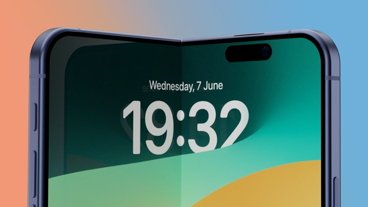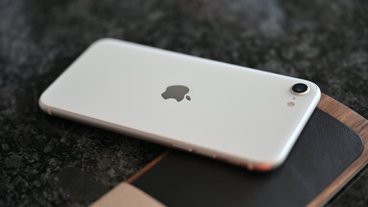The five publishers said the independent venture will "allow consumers to enjoy their favorite media content on portable digital devices." As was reported in November, the consortium will be run in the interim by John Squires, former executive vice president with Time Inc.
"For the consumer, this digital initiative will provide access to an extraordinary selection of engaging content products, all customized for easy download on the device of their choice, including smartphones, e-readers and laptops," said Squires, the interim managing director. "Once purchased, this content will be ‘unlocked’ for consumers to enjoy anywhere, anytime, on any platform."
Publishers intend to create a reading application that can render the "distinct look and feel" of specific publications and can be optimized for a number of devices with different operating systems and screen sizes. The plan also includes a consumer storefront with an "extensive selection" of products, and will also allow "innovative advertising opportunities."
While the store will initially include magazines and newspapers, it may expand in the future to books, comic books, blogs and more. Outside publishers, beyond the five equity partners, will also be welcome to offer their content on the unnamed service. Publishers will be able to obtain revenue from subscriptions and advertising sales.
Together, the five companies represent a reading audience of 144.6 million. They hope to gain some of the 10 million readers expected to be sold in the U.S. in 2010, along with 50 million smartphones in the country by the end of next year.
Interestingly, all of the partners in the new digital store have also presented their own, individual plans for digital subscriptions. Hearst has said it will launch a service sometime in 2010, while Time Inc. has been showing off a tablet-friendly magazine concept.
Likely to play a part in these companies' plans is Apple's rumored forthcoming tablet device. Earlier this year, reports claimed that Apple had reached out to publishers about bringing their print publications to the touchscreen device. The new, unannounced hardware is expected to debut in early 2010.
 Neil Hughes
Neil Hughes






-m.jpg)






 Wesley Hilliard
Wesley Hilliard
 Malcolm Owen
Malcolm Owen
 Andrew Orr
Andrew Orr
 William Gallagher
William Gallagher
 Sponsored Content
Sponsored Content
 Christine McKee
Christine McKee

 Thomas Sibilly
Thomas Sibilly







50 Comments
These guys are smart ... no war of the formats for them! I guess they learned a lot reporting on all the other format wars!
In other 'visual' news not yet reported here ... Google Goggles for Android. I wonder of Google will create an App for iPhone or will this be the start of withholding their technologies?
Good for them, good for consumers, back to the (ahem) drawing board for the presumably proprietary Apple Tablet?
I am very glad they beat Apple to the open-platform, no DRM punch.
Will Apple even enter the market now? Will they try to impose their locked-down model in a world of competition? Is the world moving faster than Apple?
Good for them, good for consumers, back to the (ahem) drawing board for the presumably proprietary Apple Tablet?
I am very glad they beat Apple to the open-platform, no DRM punch.
Will Apple even enter the market now? Will they try to impose their locked-down model in a world of competition? Is the world moving faster than Apple?
If Apple planned a tablet you can bet that they're still going ahead with it.
For example, everyone is trying to find a way to get their content/services onto the "locked-down model" of Apple's iPhone in the most convenient way possible. It will be the same for the tablet. When the tablet changes the game, watch all these publishers magically rethink their entire strategy. Apple has the power to determine your content's exposure, viewability, and consumer reach. Apple acts as distributor, very simply, because they provide the best model for consumers to access content. If you don't play nicely with Apple and Apple products you're only harming your chances.
As long as Apple products (read: devices on which to view media/content) and services continue to lead by a landslide in desirability and ease of use, opposing Apple is not a good idea.
This reads like these guys are really committed to controlling the storefront, more than anything else. I think the idea of common standards is a good one, but they never really controlled distribution before (newsagents and intermediarys do that) so it's a fair shift in that direction.
As much as anything, Apple probably assumed that everything from music to magazines can be dumped in iTunes (or whatever the browser equivalent might be called) and this sounds like it might scuttle those plans a fair bit.
... Will Apple even enter the market now? Will they try to impose their locked-down model in a world of competition? Is the world moving faster than Apple?
No. this is a pre-emptive strike. If anything it completely supports the idea that Apple is about to enter the market. All this means is that after years and years of people being caught flat-footed by Apple, someone has finally wised up and tried to strike first.
If Apple comes out with the tablet and it works or is popular, then they own the distribution channel. It would be as if Apple currently owned most of the magazine and newspaper stands and routes all across the country. That means they'd have a say about what is sold but more importantly the price and the general format.
These guys are hoping that they can define the format and the distribution and the price first before Apple beats them to it. Without a device of their own though I don't think they will have much luck. If the tablet is a success, they will still have to come to Apple in the end.